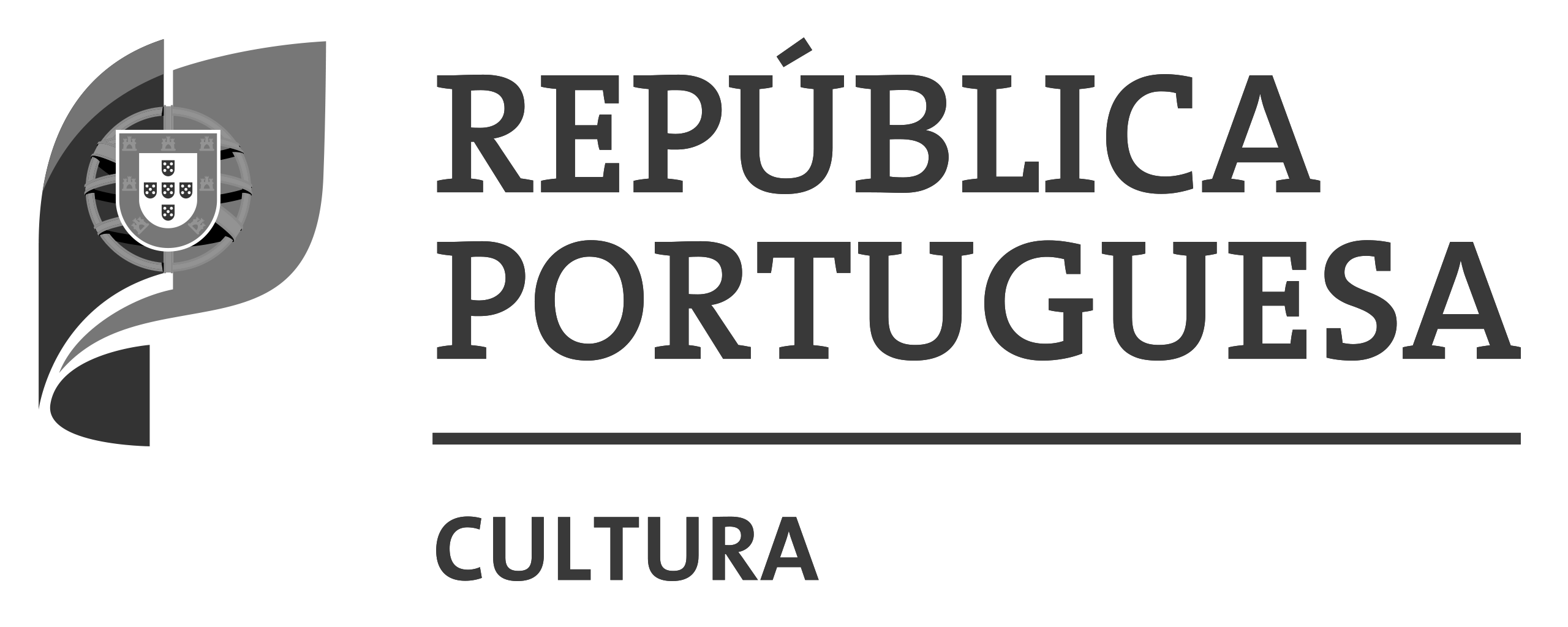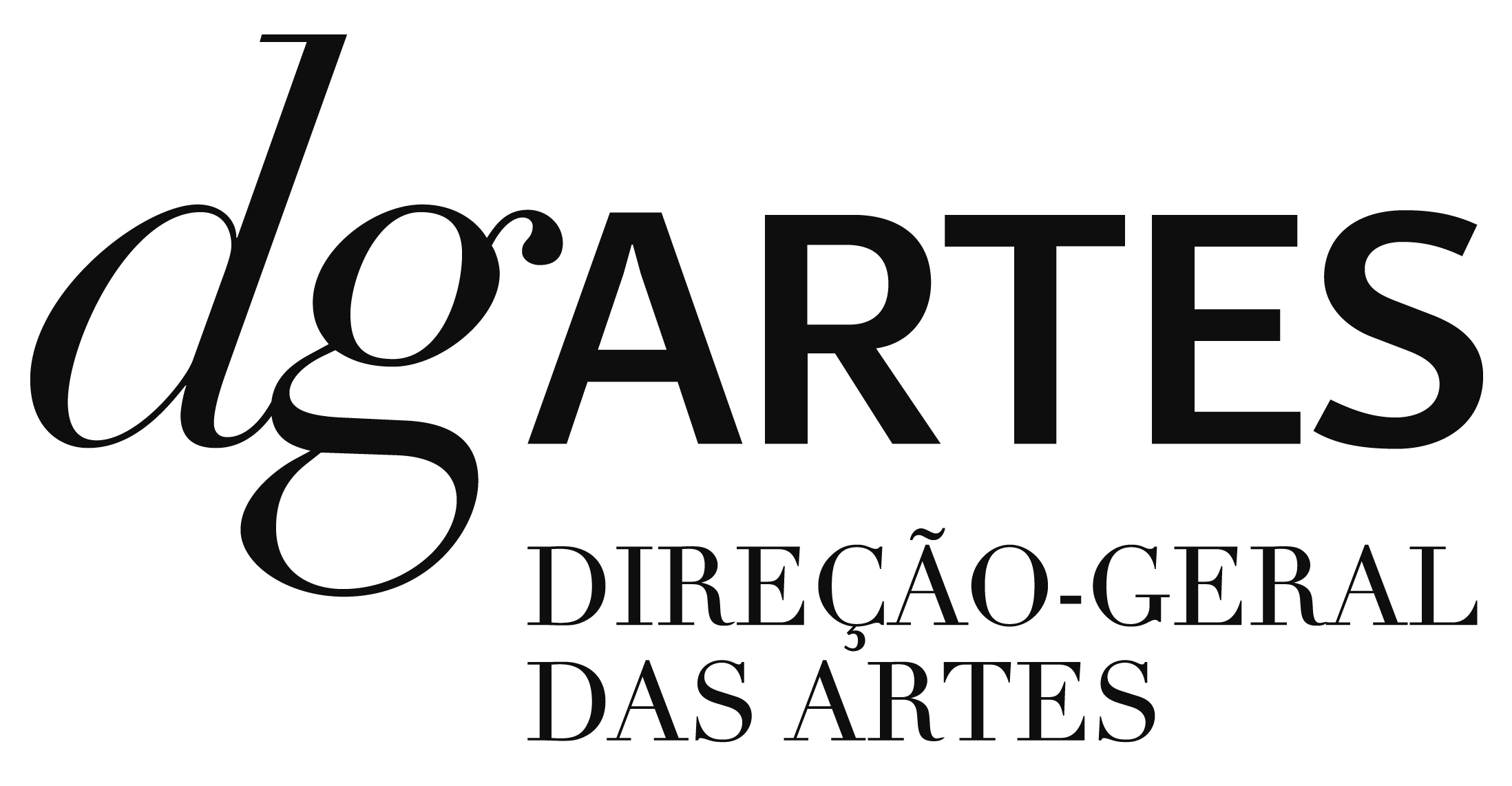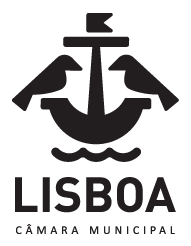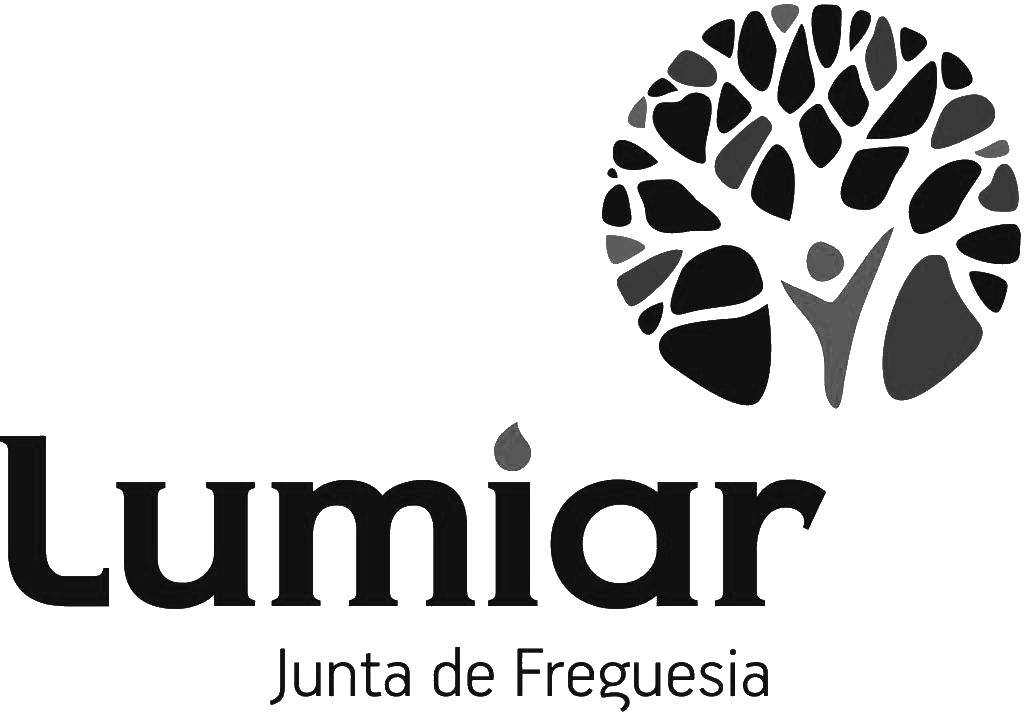
Past exhibition at Lumiar Cité:
JOEN P. VEDEL
The Model
16.09-25.10.2009
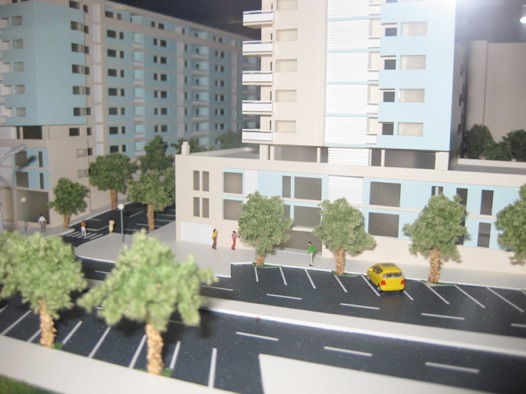
As a noun ’model’ is a representation in the sense in which an architect constructs a small- scale model of a building or physicist a large-scale model of an atom. As an adjective ’model’ implies a degree of perfection or idealisation, as in reference to a model home, or a model husband. As a verb ’to model’ means to demonstrate, to reveal, to show what a thing is like.
Starting with an empty gallery-space, Joen P. Vedel makes it clear that he has no plan with his ‘model’. Instead he will try to engage experientially with the site, being both the gallery-space and the context of Alta de Lisboa, and from there, develop the work at the same time as he becomes more familiar with the complexities that surround it. In doing so, Joen P. Vedel will be present in or around the gallery-space during the opening hours, and each day, starting at 15 o’clock, he will take walks in the neighbourhood. These walks are meant to give him (and others) a ‘sense of the place’. The ‘sense of a place’ does indeed emerge from the senses, and even if one’s history in a place is short, a place can still be felt as an extension of the body, especially the walking body, passing through and becoming part of the landscape. The walks can take different shapes and aims; from aimless drifting, to mapping and specific missions. Everyone is welcome and suggestions and ideas for walks are very appreciated. During these walks one will naturally be collecting stuff; materials such as scrap wood, stone, pieces of metal or plastic, cardboard etc. but also images and stories that are being told. All of these things will then later be used, gradually and according to necessity, for the construction of ‘the model’ in the gallery-space, in which all residents of Alta de Lisboa and guests are more than welcome to join.
Joen P. Vedel’s conception of urbanism is first and foremost a dynamic one. Nothing is fixed and finished, everything is in flux and up for negotiation. In Joen P. Vedel’s ‘model’ the outcome is not known; instead it has become a search in itself. In this model it is the politics of process that reigns, where the only certainty is doing what feels right at the right time and in the right place – it is a politics that doesn’t wait or anticipate but acts in the moment, not to create something in the future but to build in the present, it’s the politics of the ‘here and now’. In this model the end is not as important as the means, and by putting context in front of ideology, by rejecting purity and perfection, it is in fact, turning it’s back to the future. The hope therefore lies in its unfinishedness, it’s openness to improvisation and participation.
In Joen P. Vedel’s ‘model’, the inspiration of the utopias of the 60’s is clear, and a reference point, which is crucial to his work, is the Situationist and their ideas related to urbanism, often exemplified by the concept of the ‘dérive’. “Dérive” means drifting, explains Guy Debord, “a mode of experimental behaviour linked to the conditions of urban society: a passage through varied ambiences”. But perhaps the most extraordinary image in these dreams is conveyed by the drifting cities of “New Babylon”, elaborated in the form of scale-models by the architect Constant: An infinite proliferation of experimental constructions shaking across the European landscape, forever unfinished, offered to playful appropriation by their inhabitants who could also simply leave them behind, to lose themselves in the surrounding nature – while beneath the ground, in subterranean galleries, all the production necessary for existence was carried out by robots. In New Babylon, Constant wanted every aspect of the environment to be controlled and reconfigured spontaneously, here social life should become architectural play and architecture a flickering display of interacting desires.
A strong belief in involving ‘play’ in the urban planning process was important in the 60’s, as a way to empower people using their creative skills. The title, “O Modelo”, is also a reference to an exhibition which took place at the Modern Museum in Stockholm in October 1968, called “The Model: a Model for a Qualitative Society”, by the Danish artist Palle Nielsen. Here, more than 33.000 kids came and played and continued the construction of a huge adventure playground. Two weeks after it’s opening, the Swedish fire authorities closed the playground/exhibition down, due to their fire-regulations.
In “O Modelo”, Joen P. Vedel will develop a structure during the exhibition period using the idea of ‘non-plan - an urban planning strategy first developed as an experimental community based planning concept by Cedric Price and Reyner Banham in the 60’s. They asked: “How can buildings better reflect the needs of their inhabitants?” By bringing up this question 50 years after it was posed, Joen P. Vedel points to a lack of involvement of the people in the design of their environment today and modernism’s failed attempts to bring this about. Modernism had promised a functionalist approach to resolving the architectural needs of the twentieth-century, yet the design of cities and buildings often appears to confound the needs of those who use them – their design and layout being highly regulated by restrictive legislation, planning controls and bureaucracy. Attempts to circumvent this bureaucracy and architectural inertia have ranged from free-market enterprise zones, to self-build housing, and from squatting to sophisticated technologies of pre-fabrication. Still today, we live in a society in which, in every field, one group of people makes decisions, exercises control, limits choices, while the great majority have to accept these decisions, submit to this control and act within the limits of these externally imposed choices. And nowhere is this more evident than in the field of housing. We live in a time where “man”, as Habraken has said, “no longer houses himself, he is housed”.
What we have today represents a whole cumulation of good intentions. And what those good intentions are worth, we have almost no idea of knowing. Planning, it seems, is the only branch of knowledge purporting to be a science which regards a plan as being fulfilled when it is merely completed; there’s seldom any sort of check on whether the plan actually does what it was meant to do, and whether, if it does something different, this is for the better or the for the worse. The architect with his ‘models’, has been most deeply enmeshed throughout history in the production and pursuit of spatial ideals and utopias. The architect is supposed to shape spaces so as to give them social utility as well as human and aesthetic/symbolic meanings. But what if we, as the Marxist geographer David Harvey also has pointed out, see ourselves as architects of a sort, architects of our own fates and fortunes, as we go about our daily practices and through them effectively preserve, construct, and re-construct our life-world. That, as Joen P. Vedel wants to suggest, could point towards new contemporary utopias...
In addition to the work in and around the gallery-space, Joen P. Vedel will create an online blog, which will operate as a diary, a place to upload images and share impressions from every day. Also there will be a series of event taking place in the gallery; talks by urban planners, architects, squatters, residents and films - all related to the themes of urban planning and housing. Please take part and enjoy!
Maumaus
Avenida António Augusto de Aguiar, 148 - 3º C
1050-021 Lisboa, Portugal
Monday to Friday, 10h00 to 13h00,
14h30 to 19h00
Tel: + 351 21 352 11 55
maumaus@maumaus.org
Upcoming:
Manthia Diawara
AI: African Intelligence
mumok, Vienna
12.03.2026
ARTIUM museoa, Vitoria-Gasteiz
14.03.2026
The lecture will be in English. Entry is free and limited to the number of seats available.
Upcoming:
Manthia Diawara
Angela Davis: A World of Greater Freedom
Batoto Yetu Portugal, Caxias
Screening | 15.11.2025 | 14h30
The lecture will be in English. Entry is free and limited to the number of seats available.
Upcoming:
Howard Singerman
Local Art Worlds (or Imaginary Geographies with Real Effects)
Goethe-Institut, Auditorium
Seminar | 24, 25, 26.06. 11h – 13h, 14h – 16h
Registration is free but limited to the number of seats available. Please send an email with a short CV to admin@maumaus.org by 15.06.2025. Confirmation of registration will be sent by email. The seminar will be in English.
Lumiar Cité
Rua Tomás del Negro, 8A
1750-105 Lisboa, Portugal
Wednesday to Sunday, 15h00 to 19h00
or by appointment.
Tel: + 351 21 755 15 70
lumiar.cite@maumaus.org

Maumaus/Lumiar Cité is funded by República Portuguesa – Cultura, Juventude e Desporto/Direção-Geral das Artes. With the support of Câmara Municipal de Lisboa and Junta de Freguesia do Lumiar.
